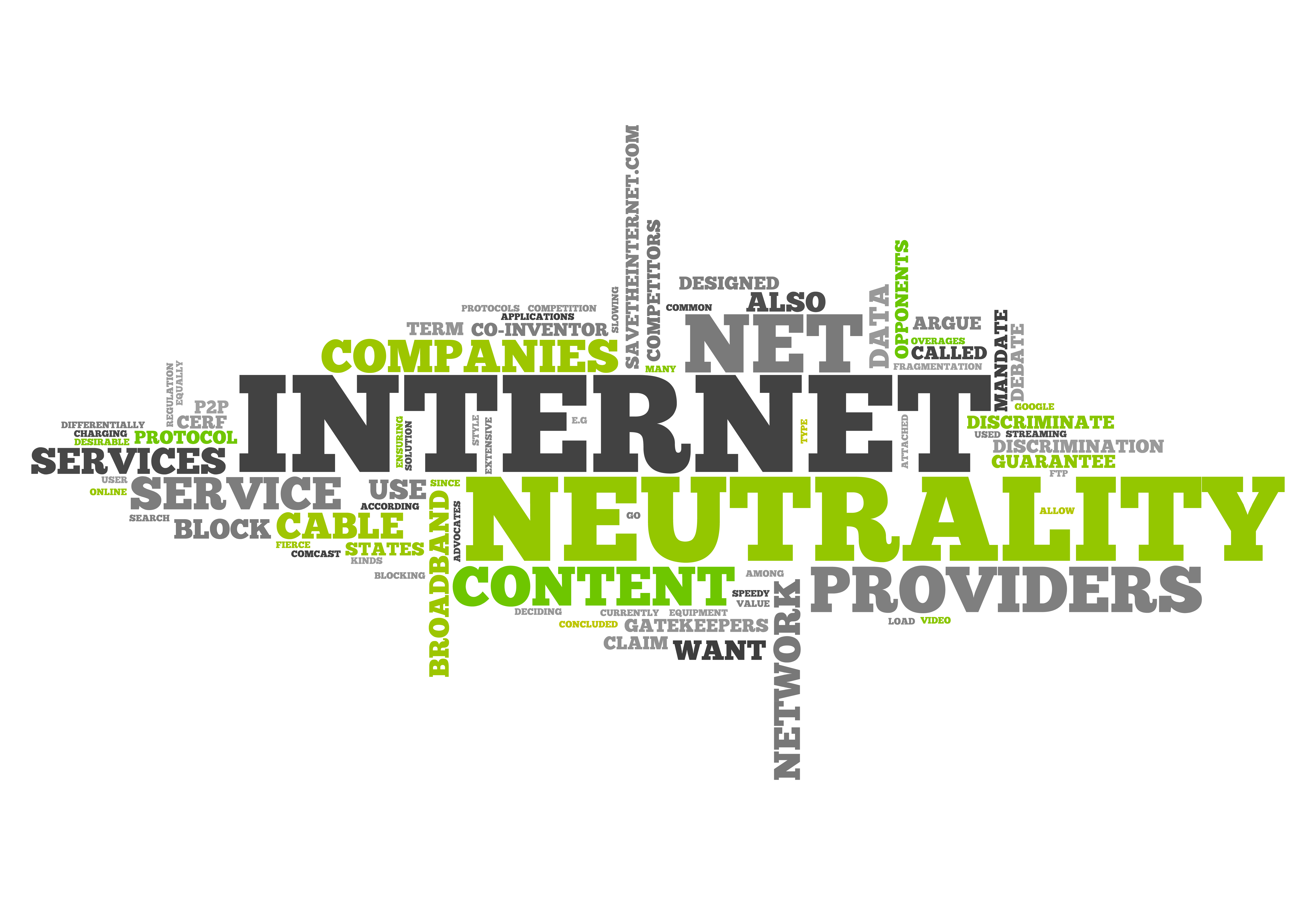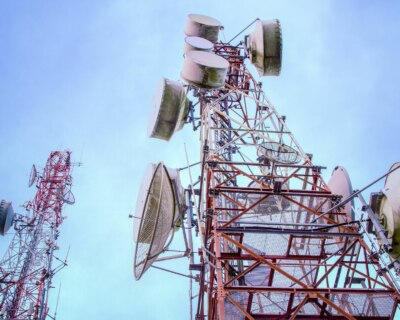
Internet Freedom Important to Louisiana
“Net Neutrality” has been in the news a lot lately. If many of your Facebook friends are to be believed, repeal of the Obama-era Federal Communications Commission regulation signals the end of the Internet as we know it.
But, that is not the case. After the FCC voted to return Internet Service Providers (ISPs, for short; think Verizon, Cox, Comcast, etc.) to the light touch framework of the past 20 years,the world kept on chugging. Even better, internet freedom was restored, and doors swung wide open to additional investment in new technologies and expanded access.
Unfortunately for Louisianans, the benefits of the light touch regulatory approach are under threat once again. Senator Ed Markey (D-MA) has introduced a resolution under the Congressional Review Act that would block this important repeal.While your Facebook friends and late night talk show hosts may claim this new effort is a good thing, it is important to remember that this is a complicated issue laden with tech-speak and industry jargon.
So, let’s start with a few simple facts:
- Title II, the regulatory scheme President Obama’s FCC applied to ISPs for “Net Neutrality,” was written for, literally, copper wire telecommunications technology from the 1930s (like “Ma Bell”). It does not even mention the word internet!
- Regulating ISPs under Title II treated them like public utilities (imagine “Internet” was a stop on the Monopoly board like Electric Company and Water Works). We know a little something about how well public utilities serve consumers here in Louisiana, especially in the last week…
- The regulation was only in place since 2015. This is not a long-standing rule.
- Proponents of the regulation contend Title II would prevent ISPs from blocking certain content or changing the “rules of the road” to competitively disadvantage competitors. The DC Circuit Court argued, in fact, that this regulation would not prevent that activity.
- The DC Circuit Court also noted that ISPs are not censoring content for fear of upsetting and losing customers. The free market at work!
- Even with the repeal of Title II, bad actors can be punished. Existing laws allow Attorneys General and the Federal Trade Commission to prosecute ISPs if they engage in anti-competitive behavior.
For the almost two years they were in effect, the Title II regulations hurt consumers in a variety of ways including in a decline in broadband investment (stifling growth and innovation in new products and faster speeds for consumers), a limiting of options (essentially these rules mean the government prioritizes your consumer actions for you instead of letting you decide), and actually blocking some new innovative technologies from coming to market. The American Enterprise Institute has cataloged these well.
Despite all the rhetoric and hysteria from some very vocal corners of the internet (some unfortunately quite violent), regulating ISPs under Title II does far more harm than good to your and my experience using the internet.
If we want new technologies to emerge (I do, despite the fact that I still use a BlackBerry), if we want more investment in broadband service (get gig speed to Louisiana soon, please), and if we want consumer choice rather than government mandate (my content preferences may be different than yours…or President Trump’s or President Obama’s, for that matter)…then we must resist these emotional calls to re-institute damaging regulations and seek different approaches to ensure a free, open, and thriving world wide web.



